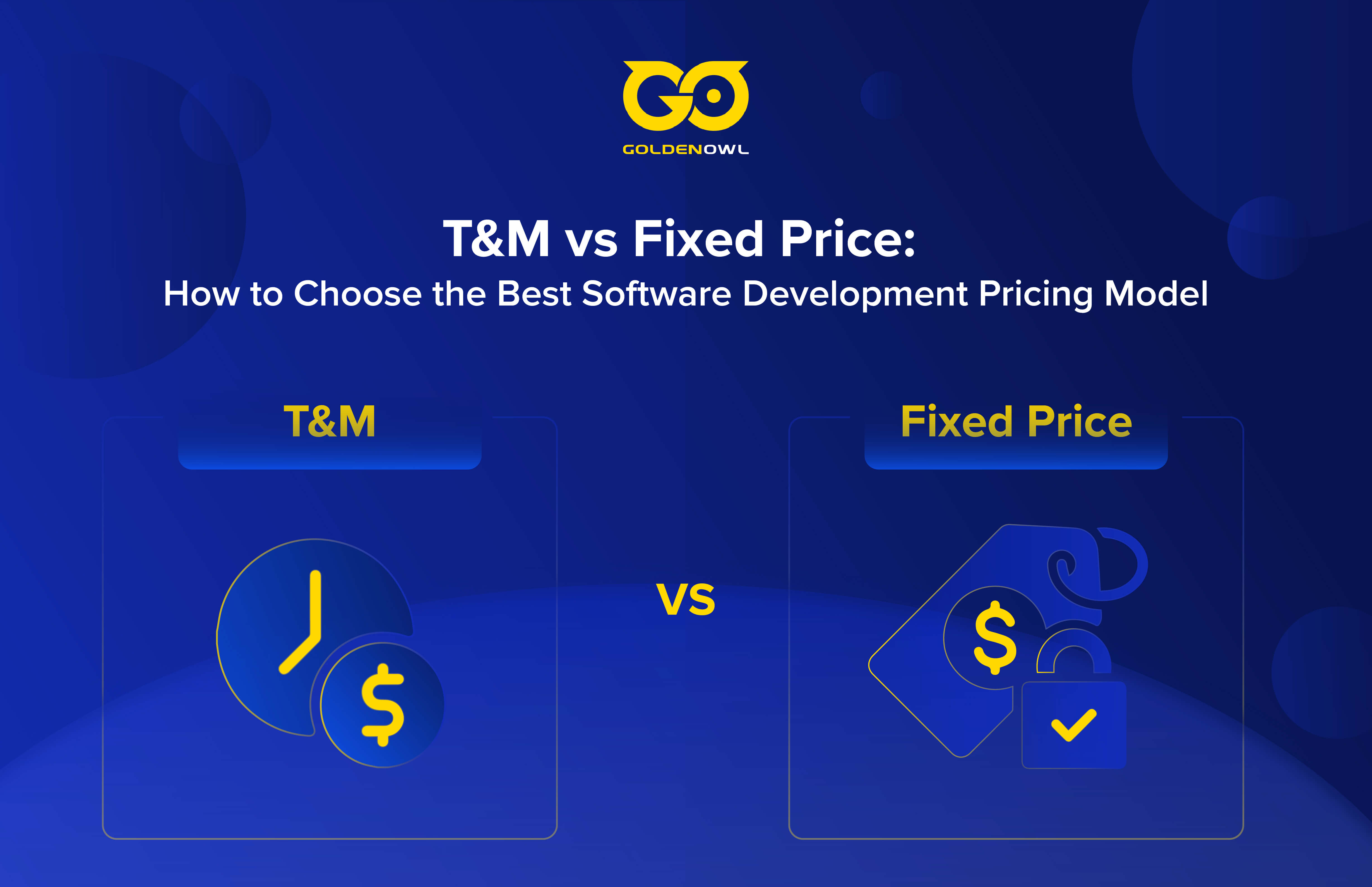Golden Owl Asia guides you through the decision between native and hybrid app development. Explore the factors influencing your choice and make an informed decision for your mobile app project.
Once you've decided to build your own Mobile App development, the next thing you need to know that determine between Native App or Hybrid App. How to know which will be the right solution for your project, we will explore the differences of these two applications below.
Overview of Native App or Hybrid App

+ Native App
Native App is an application developed in a programming language to a specific platform, Android or iOS, and cannot run on multiple platforms at the same time.
Android applications are run primarily by Java or Kotlin. Objective-C and Swift are technologies applied to iOS.
+ Hybrid App
In contrast to Native App, Hybrid App uses HTML5, JavaScript and CSS as technology for web application development combined with native elements, which can be applied on many different platforms.
They are essentially platform independent websites, displayed using a Native Webview. Native Webview is a native component provided by operating systems such as Android and iOS to download web content.
Developing Native App or Hybrid App?
In order to decide Native App or Hybrid App to build your own Mobile App development, which technology for web application development business must consider the advantages and disadvantages of both applications and the way they approach each platform, based on each specific criteria to evaluate.
Native App Development
+ Advantages:
- Better Performance: Because Native App is built specifically for a single platform, the technologies applied will vary. This also brings a unique advantage for Native App that allows developers to optimize for maximum performance. Currently, with game applications, the victory is almost absolute for the Native App.
- Data Protection: Security issues are also a lot of businesses concerned. With Native App, creating security becomes easier. That is also the advantage which fintech companies, or applications with sensitive data want Native App to reach their customers.
- Overall functionality: No plugins or additional tools needed, Native App has the ability to connect directly to the hardware features of devices (such as cameras, GPS, recording devices ...), can access to the rights local as: copy, create, write, read files (on mobile memory), contact information, personal information, make calls, send messages ...
- Offline mode: In offline-mode, Native App will use the previously cached data that the user last accessed without using internet.

+ Disadvantages:
Disadvantages of Native App also depend on each platform you choose but in general it still has some disadvantages below:
- Unable to cross platform: Although running on a single platform brings performance, it is also a weakness of Native App when cross platform is restricted.
- Distributed Codebase: Due to cross platform restrictions, it is inconvenient for developers, they must write native code for each operating system, resulting in inconsistencies between application versions. As such, development costs will be high and require proficiency in many programming languages. Sometimes it requires developers to use proprietary tools and only work on a single environment such as using xcode on Mac OS (if you want to develop apps for iOS), or apps in the App Store may be canceled for years while the Android version receives regular updates and vice versa.
- Maintenance: Maintenance or upgrade Native App will take a lot of time, because you have to fix it on each operating system. The update is slow, even users have to go to the app market to update themselves because of the approval process, there are also some refuses because of the rules of the app market.
- Time and money-consuming: Because of having to build and test on both operating systems, the workload, personnel and costs also double to keep the Native App for iOS or Android running separately.

Hybrid App Development
+ Advantages:
- Single code base: This is a strong point of Hybrid App because it works on both platforms, programmers will not need to build each separate code for iOS or Android.
- Low cost: In contrast to Native App, Hybrid App does not require programmers to write each codebase separately, testing is only in one application but can use for many platforms, so the cost will be greatly reduced.
- Easy maintenance: If users have to go to the app market to update in Native App, they will receive automatic updates with Hybrid App because problems are fixed from the server. This also creates your own mobile app a good user experience.
- Fast delivery time: Because there is no need for separate specialized programming teams for iOS and Android or large multifunctional groups, programmers can easily create many interesting products on one platform and be cross platform for remaining platforms at the same time.

+ Disadvantages:
- Limited performance: Unlike the overall functionality of Native App without plugins or additional tools, Hybrid App basically requires an additional layer between the target platform and the source layer. It will have a huge impact on application performance.
- Large building: With the ability to download multiple operating systems at the same time, a large build is needed when developers install Hybrid App, causing a lot of memory loss for many devices.
- Internet connection: The cross platform framework requires regular internet connection so if you are offline, there will be some functions not visible to the user.
- User experience: Users often don't care about the technology that businesses use, but they care more about the experience. To have a good experience, the application must be optimized and compatible with the characteristics of each platform.
Summary
Having looked at the pros and cons, we can see the differences of each and every application has its own advantages. For the convenience of choosing to use Native App or Hybrid App, businesses should set an important common criteria to create your own mobile app:
- Project development cost when using Native App or Hybrid App
- Time to develop each application
- Level of application maintenance
- Performance between two applications
- User experience
There are 5 factors that will led businesses give conclusions clearly to choose Native App or Hybrid App for their project.



























